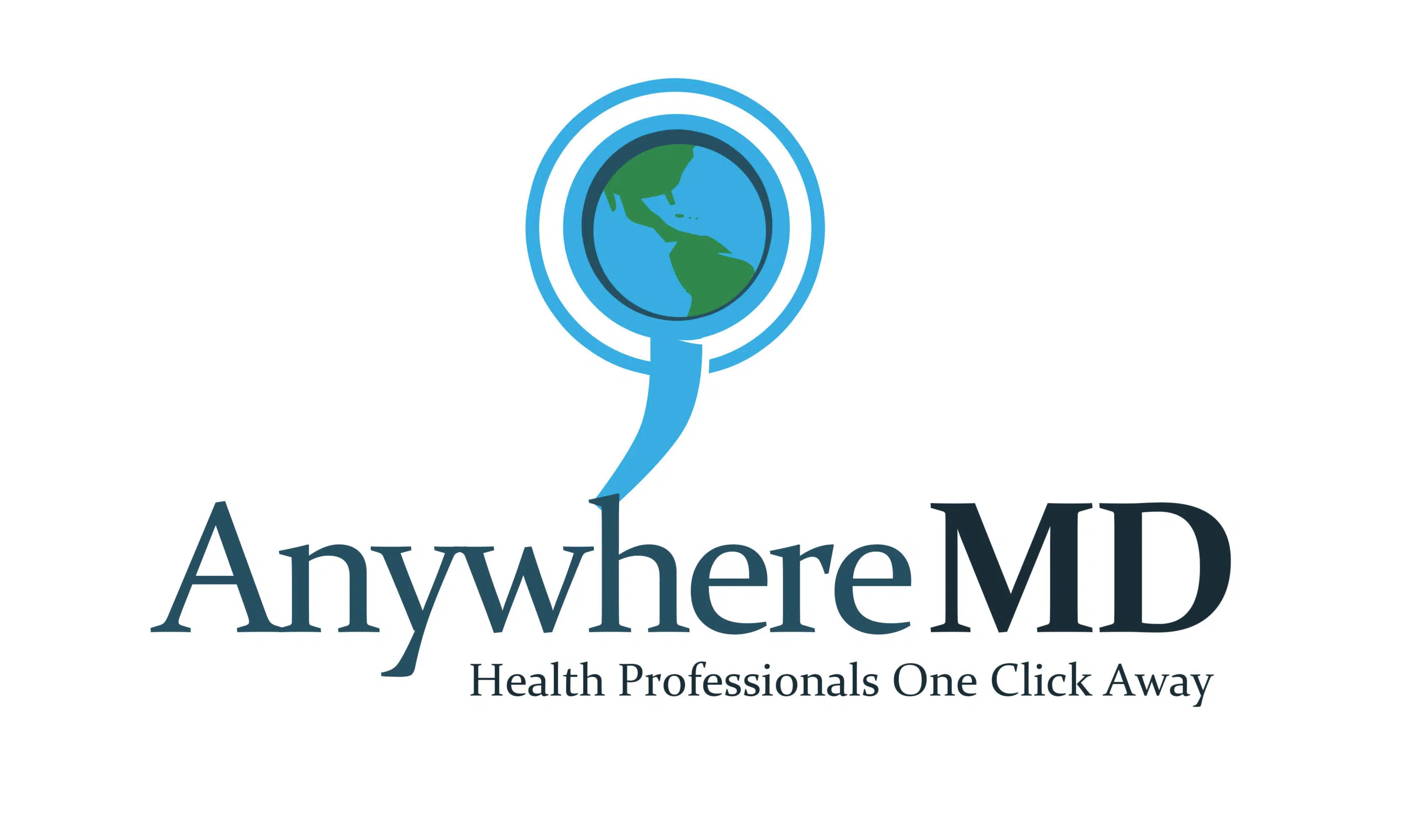When faced with a non-emergency medical issue, the decision between visiting your family doctor and heading to an urgent care center can significantly impact both your health and your wallet. This article explores why choosing your family doctor over urgent care for non-emergency issues is often the smarter, more effective choice. We’ll delve into the advantages from continuity of care to cost-effectiveness, demonstrating why this decision is crucial.
Understanding Non-Emergency Care
Non-emergency medical issues are conditions that require medical attention but are not immediate threats to life or long-term health. These can range from mild infections and minor injuries to ongoing management of chronic diseases. Choosing a family doctor for these situations, as opposed to an urgent care, allows for more personalized and informed care. For instance, someone with recurring migraines would benefit from seeing a family doctor who understands their medical history and can provide customized treatment plans.
- Family doctors have comprehensive knowledge of your health history.
- Personalized care plans can prevent the escalation of minor issues.
- Continuity of care enhances overall health management.
Continuity of Care with Your Family Doctor
The relationship you build with your family doctor is based on a deep understanding of your health history, lifestyle, and medical needs. This continuity of care is crucial for effective treatment and prevention strategies. For example, a family doctor who has been treating a patient for years will be better equipped to notice subtle changes in their health and prevent minor issues from becoming serious.
- Your family doctor keeps detailed records of your health history.
- Regular visits help build a comprehensive health profile.
- Early detection of health issues can lead to better outcomes.
Personalized Medical Advice
One of the standout benefits of sticking with your family doctor for non-emergency issues is the personalized medical advice you receive. Because they know your health history inside out, they can tailor their recommendations and treatments to suit your specific needs. This personalized approach not only helps in effectively managing conditions but also in making informed decisions about preventive care.
- Advice tailored to your unique health condition.
- Guidance based on long-term health goals.
- More effective management of chronic conditions.
Cost Effectiveness of Choosing Family Doctor
Choosing your family doctor over urgent care can also be more cost-effective. Typically, the cost of a visit to the family doctor is lower than that of an urgent care visit, especially if you have insurance coverage that favors primary care. Moreover, by managing health issues before they become severe, you save on potential future healthcare costs.
- Lower copays and overall costs with primary care.
- Preventive care reduces the need for more expensive treatments.
- Insurance often covers more comprehensive services with family doctors.
Availability of Follow-Up Care
Follow-up care is crucial in managing health effectively, and family doctors excel in this area. After diagnosing and initiating treatment, they monitor your progress and adjust treatments as necessary. This continuity ensures that you are not just treated but also guided towards full recovery.
- Scheduled follow-up visits to monitor progress.
- Adjustments to treatment plans based on your recovery.
- Continuous support throughout your recovery process.
Reduced Wait Times
Although urgent care centers are known for their convenience, they often have unpredictable wait times that can be quite lengthy. In contrast, appointments with your family doctor are scheduled, reducing waiting times significantly and allowing for more thorough visits.
- Scheduled appointments streamline your visit.
- Less time spent in waiting rooms.
- More time allocated to each patient for a thorough examination.
Family Doctor as a Health Advisor
Beyond treating illnesses, family doctors act as health advisors, guiding patients towards healthier lifestyles and preventive measures. This role is invaluable in maintaining long-term health and preventing diseases before they start.
- Guidance on nutrition, exercise, and lifestyle.
- Preventive screenings and vaccinations.
- Education on health maintenance and disease prevention.
Building Trust and Comfort
The comfort and trust you develop with your family doctor can lead to better health outcomes. Patients are more likely to discuss all their health concerns openly with a doctor they trust, leading to more accurate diagnoses and effective treatments.
- A trusting relationship encourages open communication.
- Comfort leads to more comprehensive health discussions.
- Better understanding between patient and doctor enhances care quality.
Key Takeaways for Choosing Family Doctors Over Urgent Care
In this article, we’ve discussed several compelling reasons to choose your family doctor over urgent care for non-emergency medical issues. Key takeaways include the importance of continuity of care, personalized medical advice, cost effectiveness, availability of follow-up care, reduced wait times, the advisory role of family doctors, and the benefits of building trust.
Frequently Asked Questions
- What is considered a non-emergency medical issue? Non-emergency issues are those that require medical attention but do not pose immediate risks to life or health, such as flu symptoms, minor burns, or ongoing medication management.
- Can I see my family doctor for urgent medical conditions? While family doctors handle many acute but non-life-threatening conditions, very urgent or life-threatening conditions should be treated at emergency services.
- How do I switch to a family doctor if I’ve been using urgent care? Start by researching family doctors in your area, check their credentials and patient reviews, and schedule an initial consultation to discuss your health needs.
- Is it more expensive to visit a family doctor compared to urgent care? Often, it’s less expensive due to lower copays and the preventive approach of family doctors, which reduces the need for more costly urgent care visits.
- How can I prepare for a visit to my family doctor? Bring a list of your current medications, any symptoms or concerns you have, and be ready to discuss your medical history for comprehensive care.
By understanding the benefits and following through with choosing a family doctor for non-emergency issues, you can ensure more personalized, effective, and cost-efficient healthcare.

